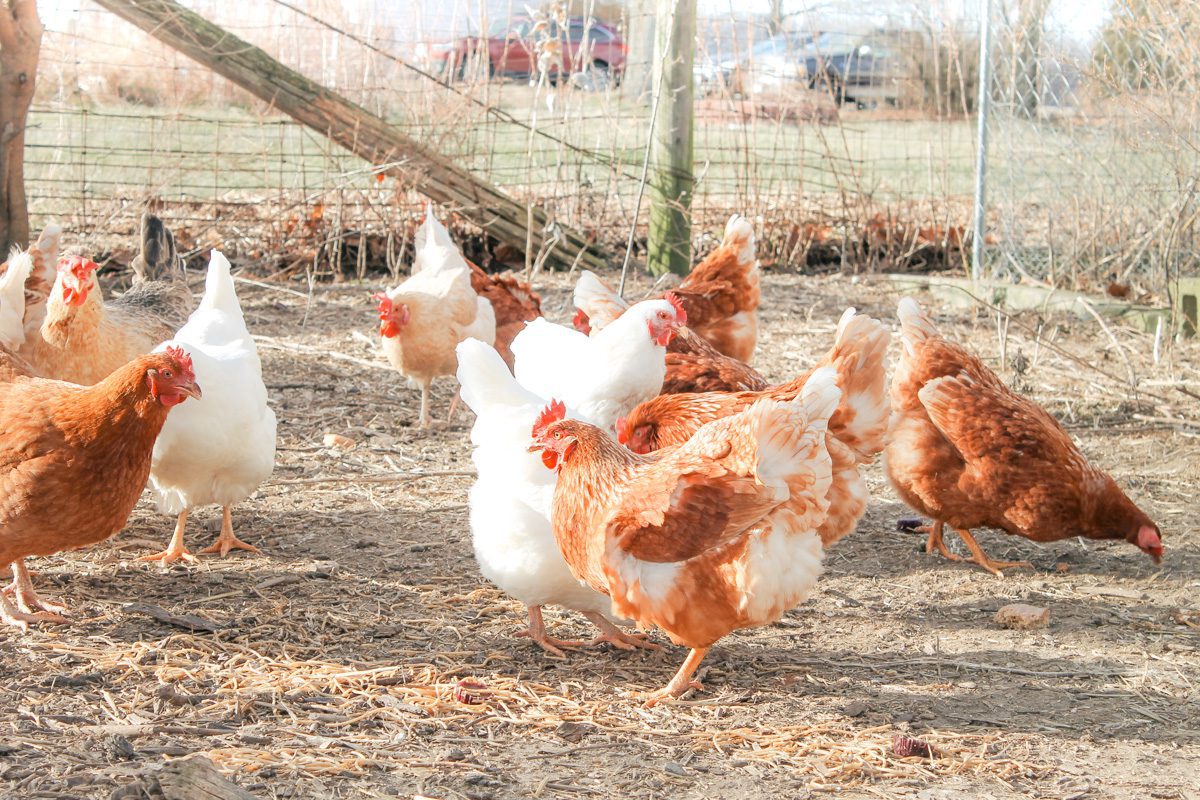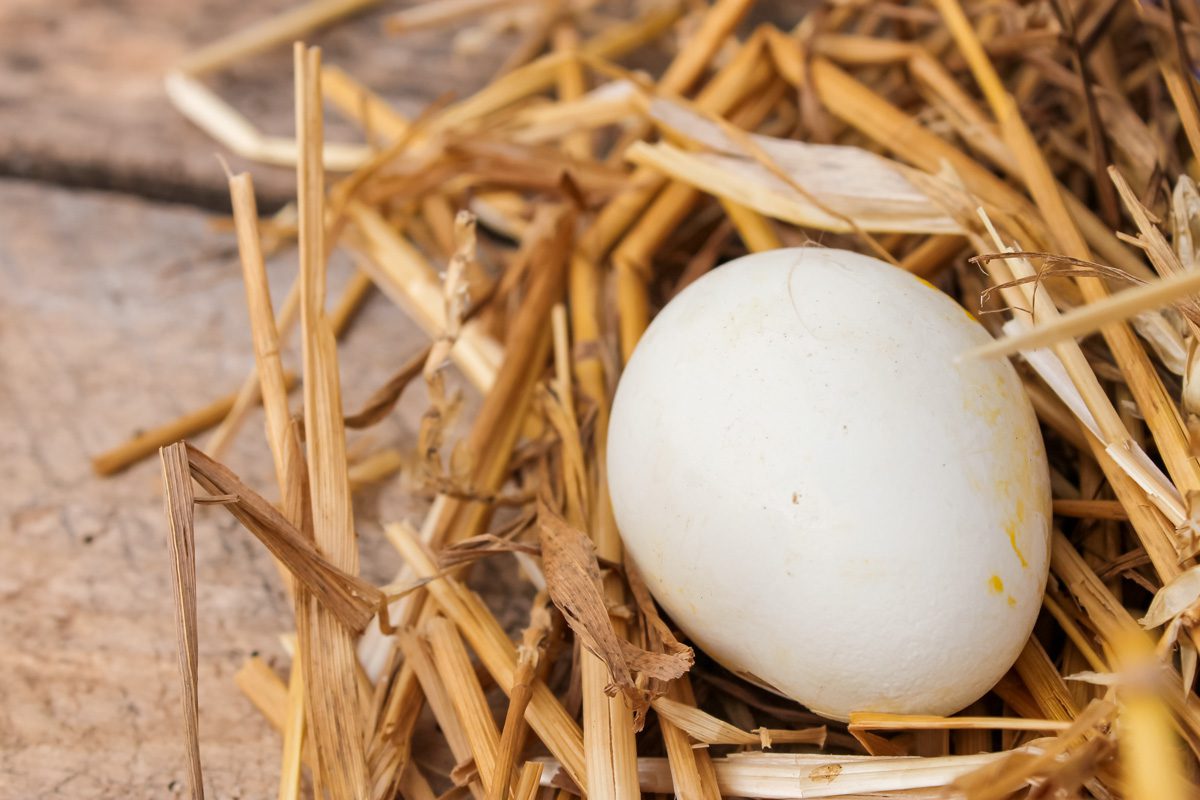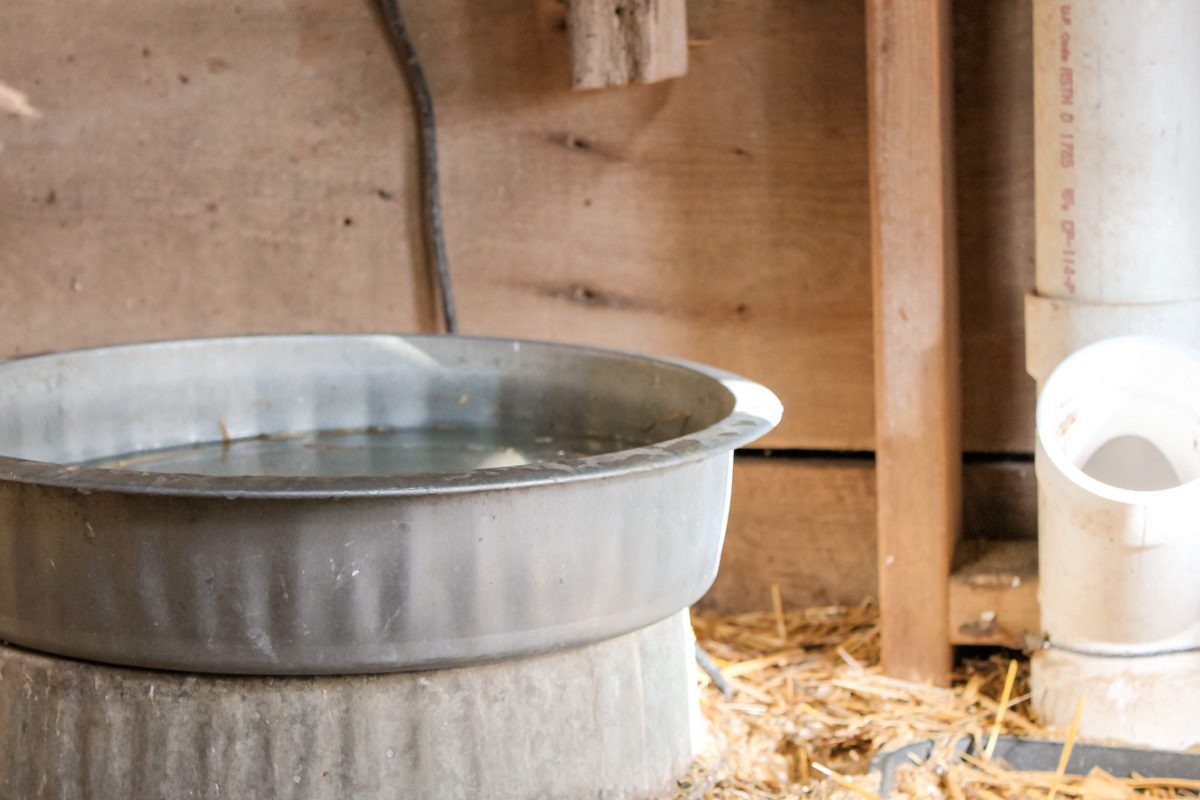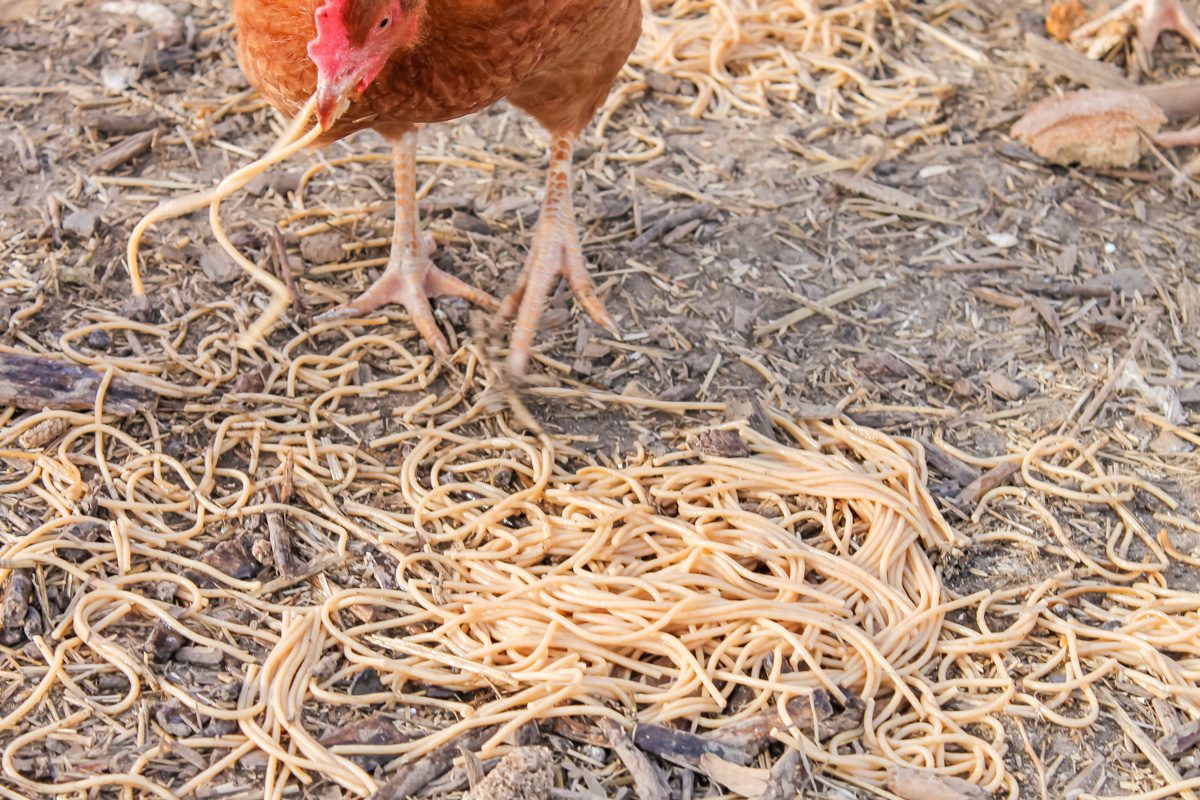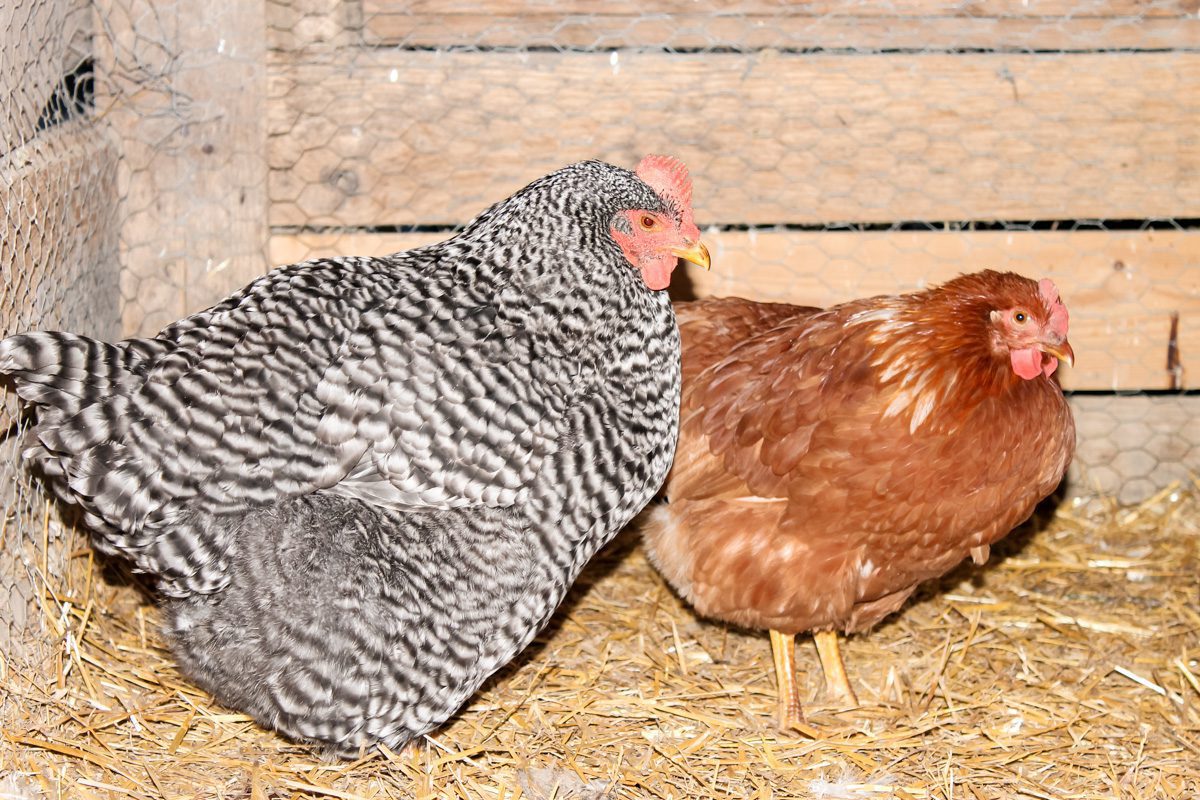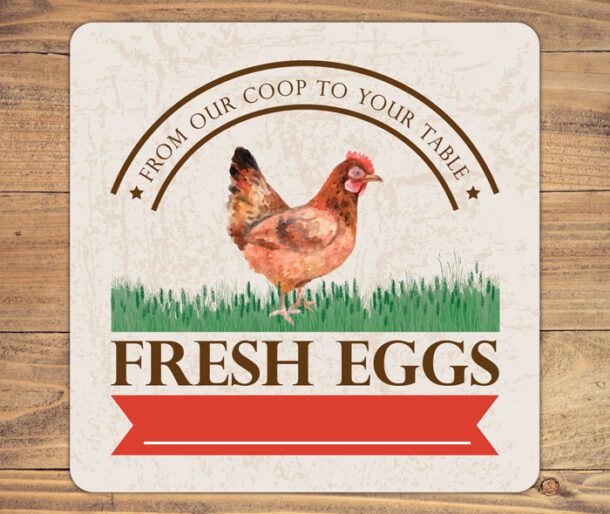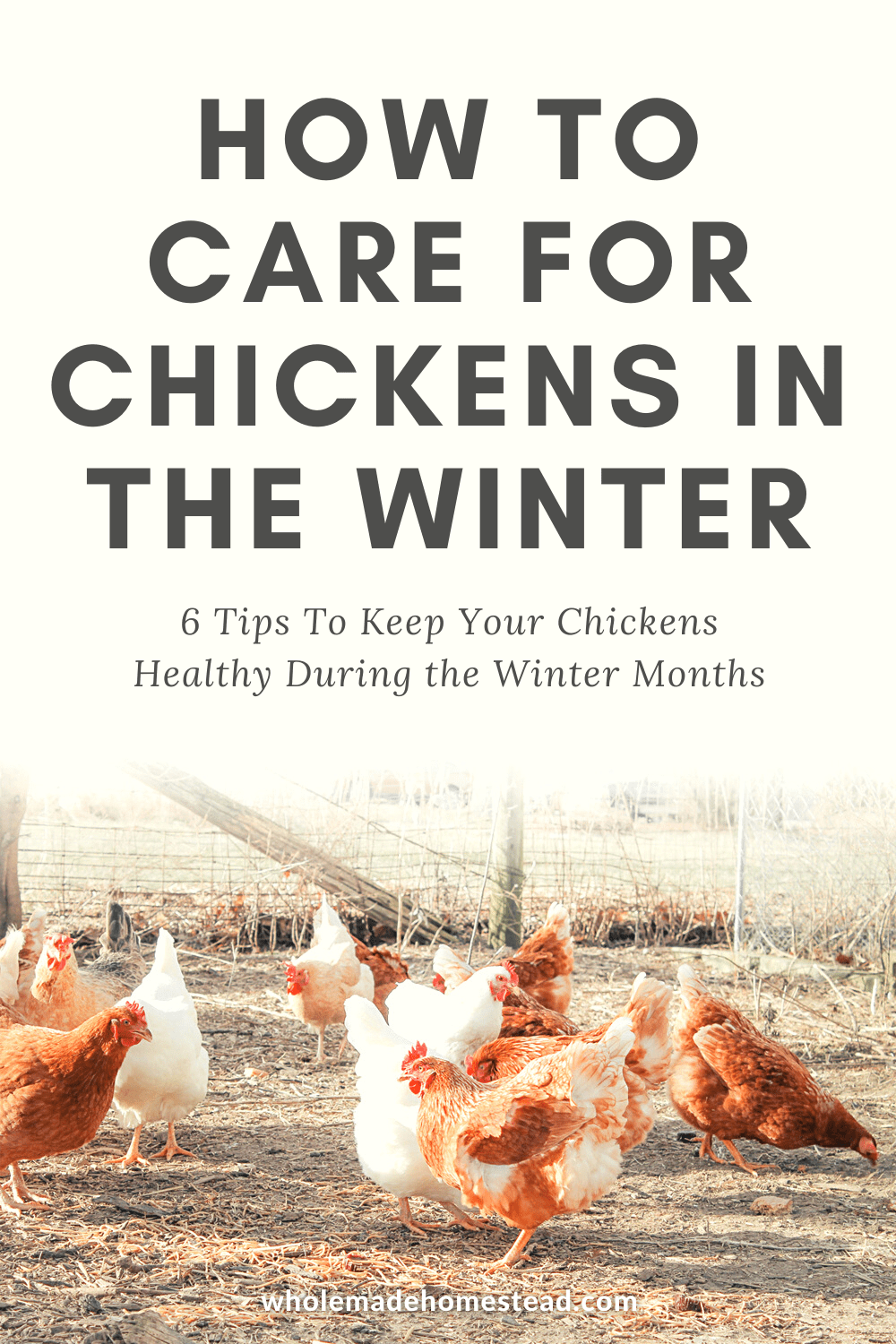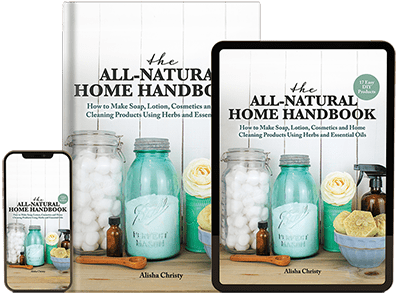Keeping your chickens healthy throughout the winter doesn’t have to be complicated. Learn how to care for your flock during the cold weather with these 6 useful tips and tricks.
No one wants to be cooped up all winter.
That age old saying doesn’t just apply to you during the cold, dark and sometimes dreary days of winter. It also can pertain to your chickens.
Your chickens need a dry, warm shelter, plenty of food and water and a place for them to explore to prevent them from getting cranky and sick. Because a happy, healthy chicken means a well bird and more eggs!
Today’s post is a joint effort of my Mom and I. Throughout the many years of owning chickens, we have learned how to take care of chickens year-around, including during the harsh winter months. We’ve discovered what the hens like and don’t. What works and what isn’t necessary. And how extremely hardy chickens can be. Below are our top 6 ways to prepare your chickens for the cold.
6 Tips To Keep Your Chickens Healthy During the Winter
Winterize the Chicken Coop
Before the cold sets in to stay, it’s best to prepare your chicken coops. First, check for leaks, cracks and drafty areas in the nesting boxes, exterior walls and roof. Repair any holes you find. There is no need to heavily insulate your chicken coop or throw up a plastic tarp over the coop walls (like we did for several years). The coop doesn’t have to be the Hilton. Chickens are robust critters. They really only need a dry, warm area, away from the wind.
Second, be sure your coop is properly ventilated. I know I just said to plug up any holes in the coop or barn but adding ventilation is just as important. Properly venting the room will help prevent moist air from forming and release any fumes like ammonia. A wet coop isn’t healthy for birds any time of the year.
Next, add extra bedding. An additional layer of bedding such as wood chips, pine flakes or straw helps to insulate the coop and protect them from the elements.
Don’t Use a Heat Lamp
I am guilty of seeing our chickens as a pet rather than livestock. (Joel Salatin wouldn’t be pleased.) Instead of seeing them as a farm animal, I imagine they have thoughts and feelings like a human can. For example, if I was left outdoors in a barn during winter, I’d like to have plenty of blankets, a hat and a scarf and of course a heater.
Chickens are not people. God designed them with a body to withstand the heat in the summer and the cold in the winter.
It is a misconception that chickens need a heat lamp. Not only can it be a fire hazard to hang a heat lamp inside a chicken coop, it can also artificially stimulate egg production. Chickens lay less during the winter, not because it is cold outside but due to the lack of sunlight. By adding a heat lamp, you will falsely encourage their bodies to produce eggs rather than allowing them to rest throughout the winter months.
Note: Once and awhile a heat lamp may be necessary, such as in the event of a polar vortex or a really harsh winter, depending on your location.
Create an Area for Them to Explore
Sometimes the weather can get pretty fierce. Lots of sleet, ice and snow. Did you know chickens hate snow? At least ours do. They won’t set a claw out in it. For this very reason, it is great to create a space for them to roam around. My parents barn has an extra room attached to the coop, known as the auxiliary room. They will open the small door adjoining the two rooms and let the chickens in for them to root around an explore.
When it snows, throwing straw down on top of the fresh snow, encourages the chickens to get outdoors and breathe in the fresh air.
Keep The Water Thawed
Hydration is important. But it’s a little tricky to keep hydrated if your water bowl is frozen. To avoid this, there are a few options. You can either take your chicken waterer inside at night (provided you live in a warm state where it doesn’t freeze during the day) or pour warm water over the bowl to thaw out the frozen water.
The best option is to purchase a heated waterer, heated base or a heated bowl. This not only guarantees your chickens have thawed water to drink but saves you an extra chore of thawing it our manually.
Provide Plenty of Food
During the spring and summer months, our chickens search the field eating bugs and vegetation. When winter comes, the plants whither away and the bugs disappear, making foraging nonexistent. Giving the chickens quality feed helps increase their body warmth.
We give the hens scratch grain, which includes corn, a great source of energy and heat. Occasionally, our spoiled chickens are fed freshly cooked, hot noodles or treats high in protein. Both kinds of snacks provide entertainment and nutrition. Here are some treat ideas during the winter to keep them from getting grouchy and pecking at each other:
- Pumpkin, squash or root vegetables
- Oatmeal
- Sunflower or pumpkin seeds
- Leftovers from your dinner the night before
- Kitchen scraps
- Meat such as beef liver or roast
- Cooked pasta
Encourage Your Animals
There is something to be said about speaking life. By declaring positive, truthful words to others you create a joyful atmosphere. The same thing can be said about your pets and livestock. Every morning when my Mom goes out to take care of the chickens, she speaks praises and thanks. This creates a welcoming environment, encouraging the chickens to thrive, even during the bleak winter months.
Best Cold Hardy Chicken Breeds
Our homestead is located in Ohio where the winters tend to be below freezing with moderate ice and an average of 30+ inches of snow a year. Because our winters can be pretty frigid, we often purchase cold hardy birds. Here is a list of the most popular cold hardy chicken breeds.
- Ameraucana
- Australorp
- Brahma
- Buckeye
- Buff Orpington
- Cochin
- Delaware
- Easter Egger
- New Hampshire Red
- Plymouth Rock
- Rhode Island Red
- Sussex
- Wyandotte
Taking care of your chickens during the winter may not be as enjoyable as it is during the winter months but it isn’t complicated. A dry, warm space with food and water is all they need. How do you take care of your chickens in the winter? What tips do you have? Share in the comments below.
Are you ready to raise chickens for meat? Learn what we discovered during our first year of raising meat birds.

